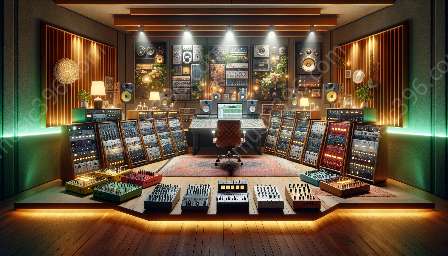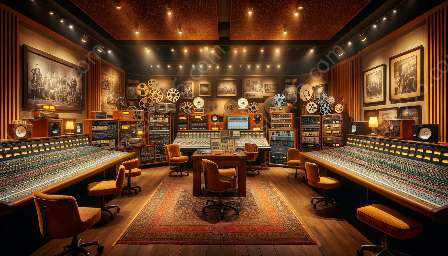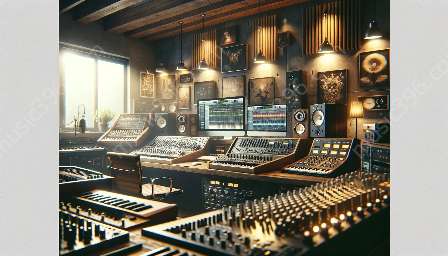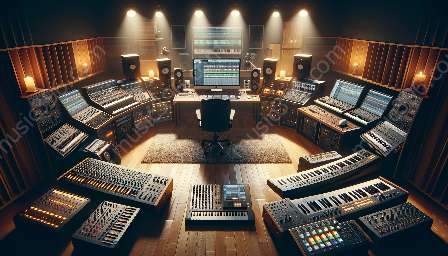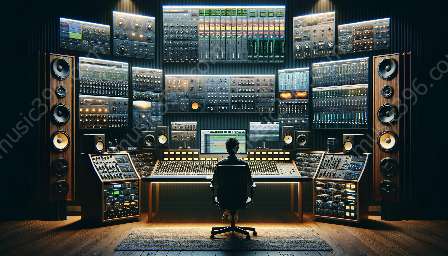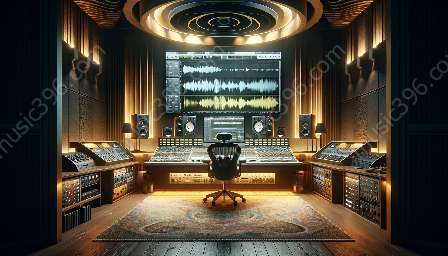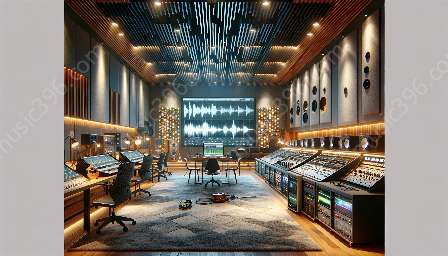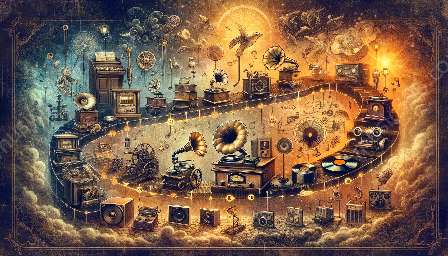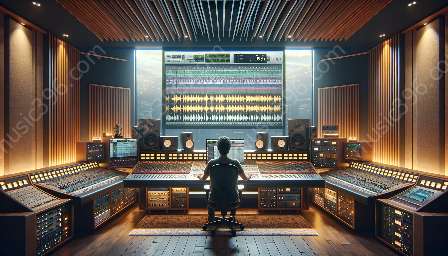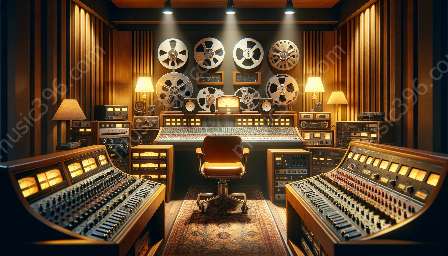An understanding of how the role of the record producer has evolved over time is essential to comprehending the history and evolution of music recording technology, and the wider music recording process. The record producer has played a significant role in shaping the sound and musical landscape of different eras, utilizing various technological advancements and techniques.
The Earliest Record Producers
Initially, the concept of a record producer was not clearly defined. In the early days of music recording, the record producer's role was often carried out by the recording engineer, who oversaw the technical aspects of capturing sound. As the music industry progressed, the need for individuals dedicated solely to shaping the artistic direction of recordings became apparent, leading to the emergence of the modern record producer.
Technological Advances and the Record Producer
The evolution of music recording technology has deeply influenced the role of the record producer. In the analog era, producers worked with limited tracks and had to carefully plan and manage the recording process. The development of multitrack recording technology significantly transformed the producer's capabilities, allowing for more complex layering of sounds and heightened creative expression in the studio.
With the digital revolution, record producers gained unprecedented control over the recording process. Digital audio workstations (DAWs) provided producers with powerful tools for editing, mixing, and manipulating sound, fundamentally altering their role in music production. The integration of software instruments and virtual effects expanded the producer's sonic palette, leading to new and innovative production techniques.
Role as a Collaborator and Innovator
Today, the record producer serves as a crucial collaborator in the music-making process, working closely with artists to achieve their creative vision. Producers are often involved in pre-production, helping to refine song structures, arrangements, and sonic concepts. Their role extends to providing guidance during recording sessions, offering valuable input on performance and sound design, and ensuring that the final product meets the artist's and industry's standards.
Moreover, record producers are frequently called upon to be innovators, constantly searching for new sounds and production techniques to push the boundaries of music. They may experiment with unconventional recording methods, incorporate cutting-edge technology, or draw inspiration from diverse musical traditions to create compelling and distinctive sonic experiences.
Evolution of the Producer-Artist Relationship
The dynamics of the producer-artist relationship have evolved alongside changes in music recording technology. In the past, record producers often held a position of authority, exerting significant influence over the creative direction of recordings. However, as technology became more accessible, many artists have taken on the role of producer themselves, blurring the lines between traditional production roles.
Modern record producers frequently find themselves working in a more collaborative and egalitarian manner, respecting the artist's autonomy while offering expert input and technical expertise. This shift has led to a diverse array of production styles, as artists and producers bring their unique perspectives to the studio, resulting in a rich tapestry of musical creations.
Conclusion
The role of the record producer has evolved in tandem with the history and evolution of music recording technology, reflecting the transformative impact of technological advancements and shifting creative practices. From the early days of rudimentary recording methods to the modern era of digital mastery, the record producer remains a central figure in shaping the sonic landscape of music, demonstrating remarkable adaptability and ingenuity throughout the journey.






